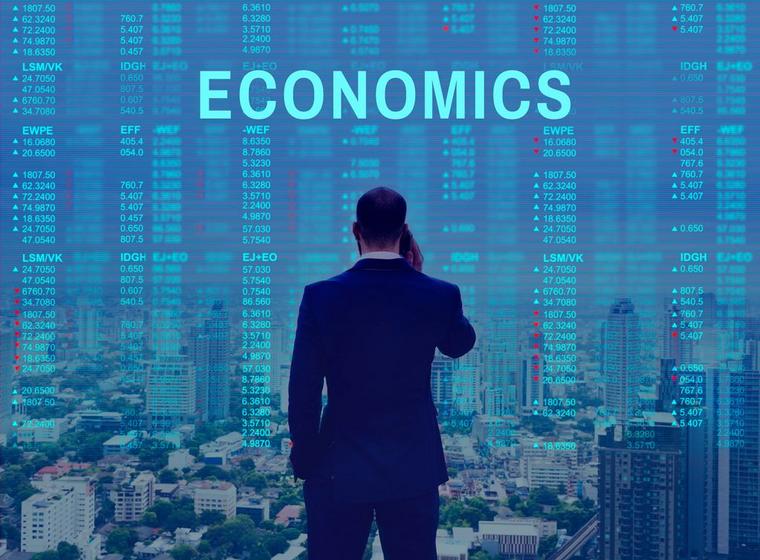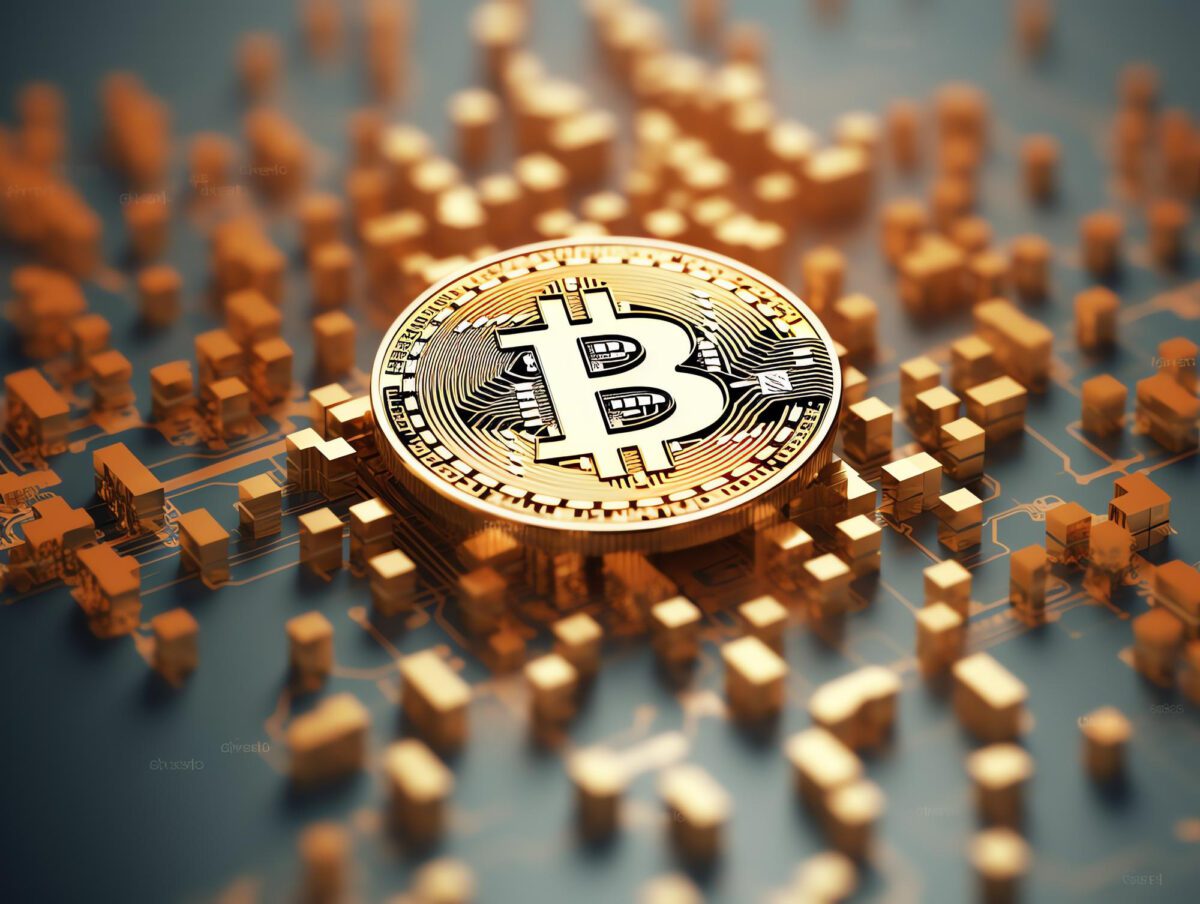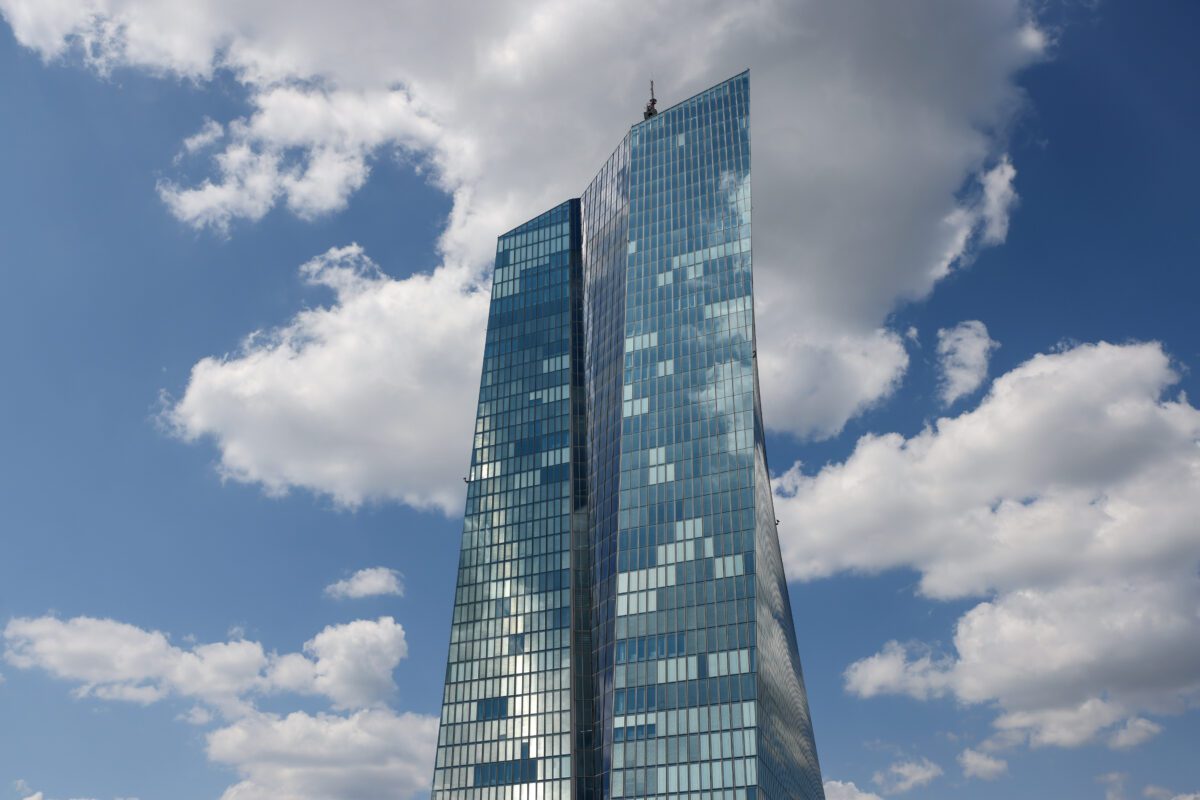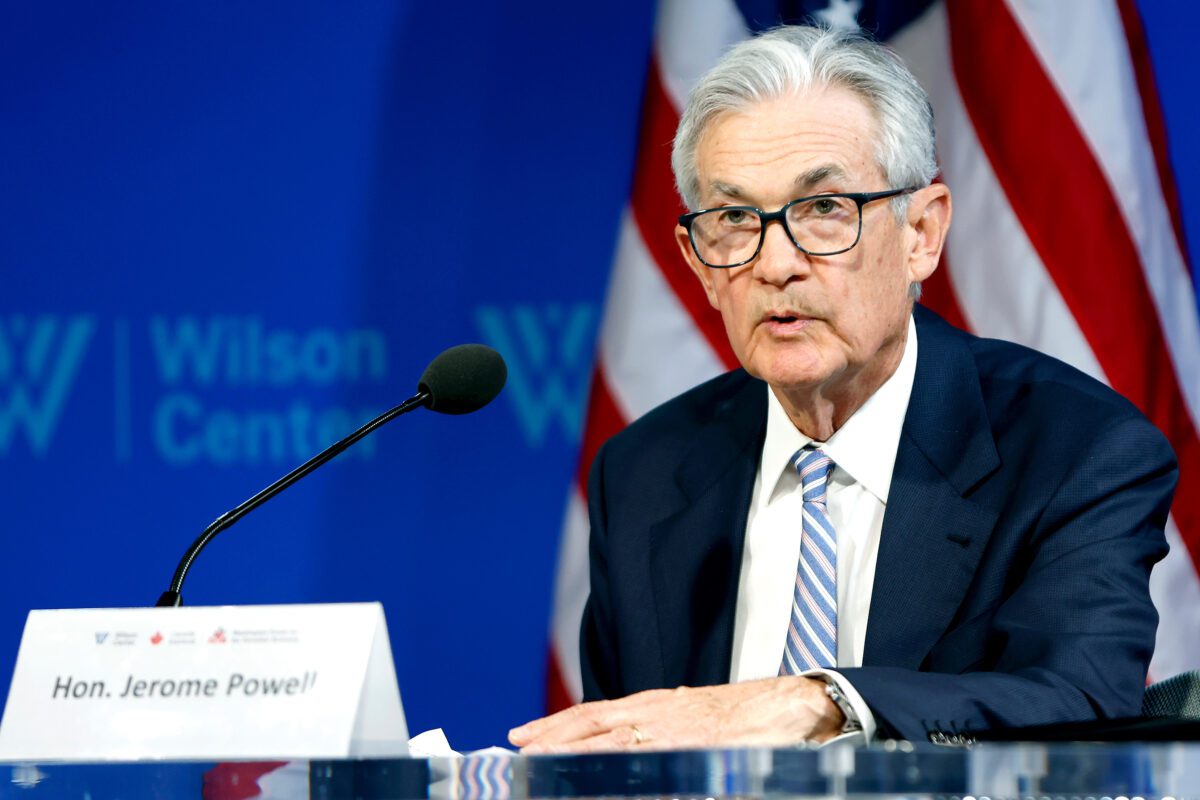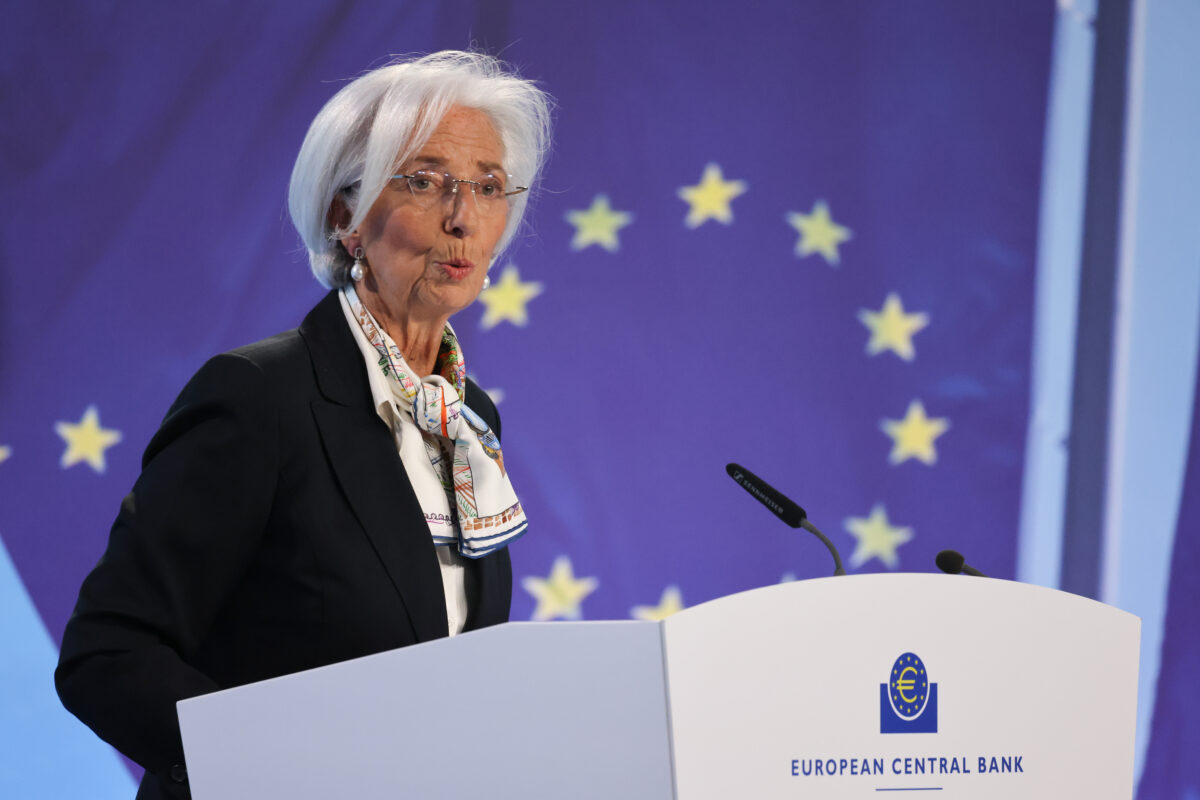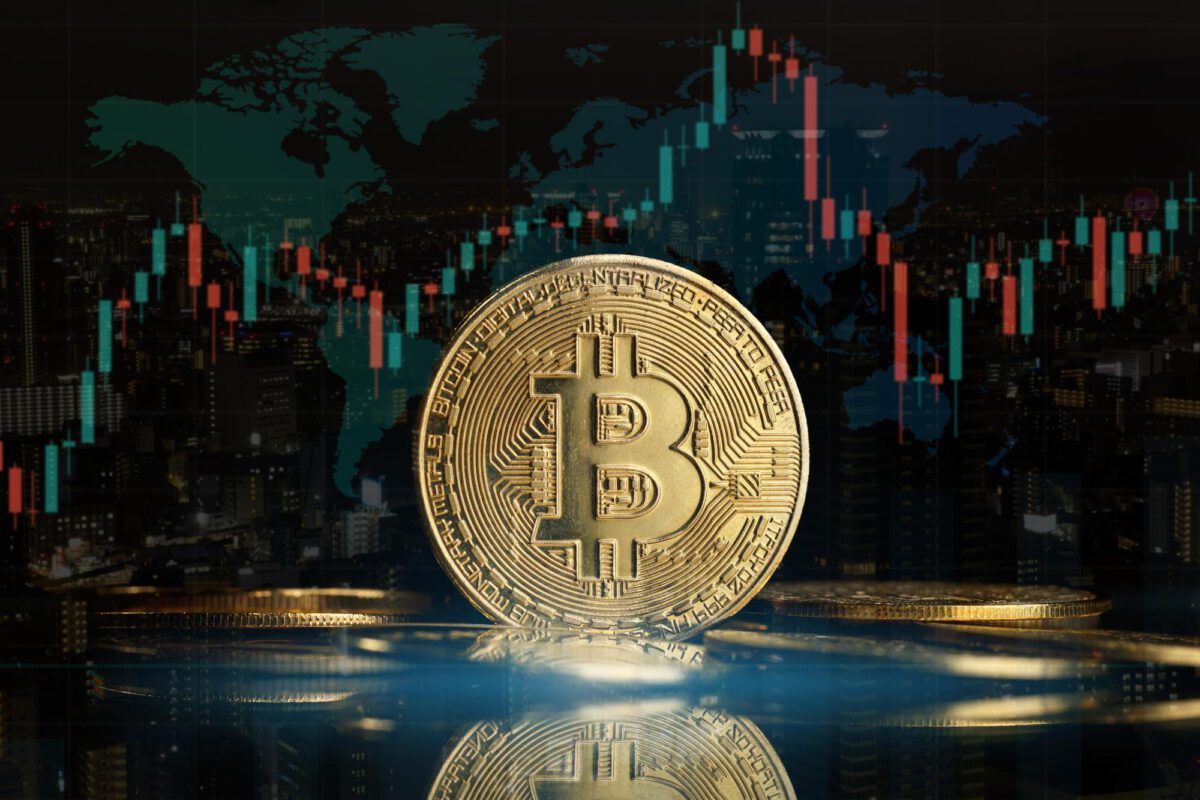Das Verbrauchervertrauen der Uni Michigan (1.Veröffentlichung für Juli) ist mit 80,8 schwächer ausgefallen als erwartet (Prognose 86,5; Vormonat war 85,5).
Die Einschätzung der aktuellen Lage liegt bei 84,5 (Vormonat war 90,6)
Die Konsumentenerwartung liegt bei 78,4 (Vormonat war 83,8)
Die Inflationserwartungen für die nächsten fünf Jahre liegen bei +2,9% (Vormonat war +2,8%)
Die Inflationserwartungen (1 Jahr) springen von 4,3% auf nun 4,8%!
Dazu schreibt Richard Curtin, der die Umfrage verantwortet:
„Consumer sentiment posted a monthly decline of 5.5% in early July, largely due to less favorable prospects for the national economy. This decline was caused by a misjudgement by consumers in the pace that the economy would recover as the pandemic eased. This involved both underestimating the economy’s ability to reactivate supply lines and restore jobs, and the resulting impact on inflation. Rather than job creation, halting and reversing an accelerating inflation rate has now become a top concern.
Inflation has put added pressure on living standards, especially on lower and middle income households, and caused postponement of large discretionary purchases, especially among upper income households. Consumers‘ complaints about rising prices on homes, vehicles, and household durables has reached an all-time record (see the chart). Purchase rates, however, have benefitted from record increases in accumulated savings and reserve funds. A critical issue is whether consumers will find greater value in keeping a significant portion of their savings as a precautionary hedge, or spending a significant portion in an effort to avoid their inflationary erosion and to benefit from buying-in-advance of increasing market prices. The precautionary impulse will quickly fade if the „transitory“ spike in inflation extended into 2022. Resurgent consumer spending propelled by fiscal stimulus is likely to increase inflation. Small policy steps could now have a large impact on ending inflationary psychology. A slight increase in interest rates would be no surprise to consumers as 70% expected an increase in early July, a significant shift from the start of 2021 (44%) or from last July’s survey (31%).“
Kommentare lesen und schreiben, hier klicken





